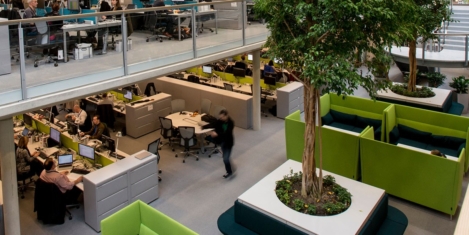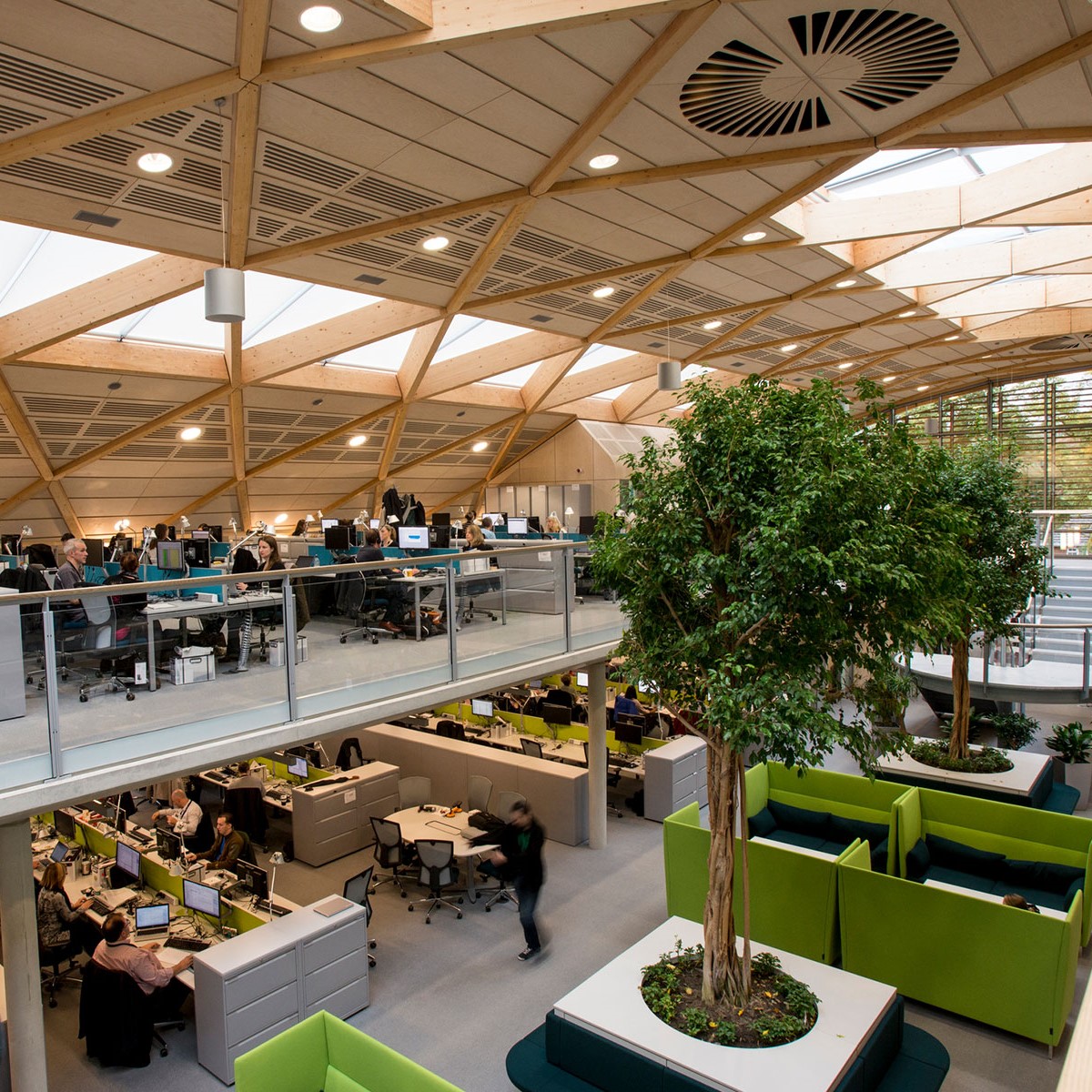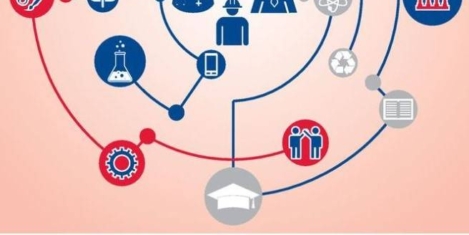To provide the best experiences, we use technologies like cookies to store and/or access device information. Consenting to these technologies will allow us to process data such as browsing behaviour or unique IDs on this site. Not consenting or withdrawing consent, may adversely affect certain features and functions.
The technical storage or access is strictly necessary for the legitimate purpose of enabling the use of a specific service explicitly requested by the subscriber or user, or for the sole purpose of carrying out the transmission of a communication over an electronic communications network.
The technical storage or access is necessary for the legitimate purpose of storing preferences that are not requested by the subscriber or user.
The technical storage or access that is used exclusively for statistical purposes.
The technical storage or access that is used exclusively for anonymous statistical purposes. Without a subpoena, voluntary compliance on the part of your Internet Service Provider, or additional records from a third party, information stored or retrieved for this purpose alone cannot usually be used to identify you.
The technical storage or access is required to create user profiles to send advertising, or to track the user on a website or across several websites for similar marketing purposes.
 Organisations that actively leverage the abilities and experience of their older workers will be best positioned for the future of work, according to Mercer’s report Next Stage: Are You Age-Ready? (registration). The importance of being “age-ready” is underscored for both businesses and economies by the impact of the twin forces of a rapidly ageing labour force coupled with an uncertain global economic growth rate, the report argues. (more…)
Organisations that actively leverage the abilities and experience of their older workers will be best positioned for the future of work, according to Mercer’s report Next Stage: Are You Age-Ready? (registration). The importance of being “age-ready” is underscored for both businesses and economies by the impact of the twin forces of a rapidly ageing labour force coupled with an uncertain global economic growth rate, the report argues. (more…)
































October 1, 2019
Agile workplaces need to strike the right balance
by Sarah Booth • Comment, Workplace design